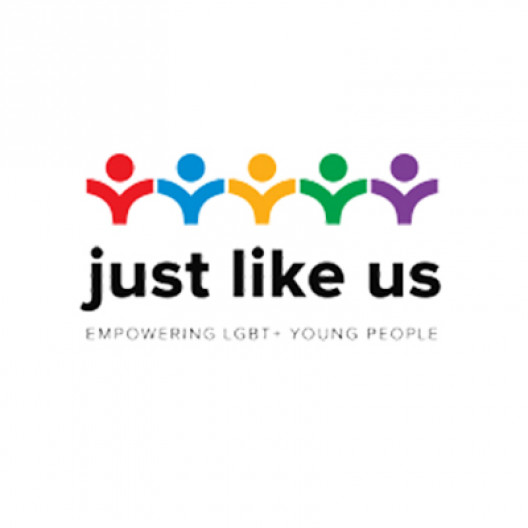
One in Five Teachers Are Uncomfortable Discussing LGBTQ+ Topics with Pupils, Poll Finds
One in five (17%) teachers in the UK say they’re uncomfortable discussing LGBTQ+ topics with their pupils, new independent research by charity Just Like Us has found – 18 years since Section 28 was repealed in England and Wales. Only a third (29%) of teachers are ‘completely comfortable’ talking about lesbian, gay, bisexual and trans topics in the classroom the poll of 6,179 primary and secondary teachers found, despite recent government guidance reinforcing the need to include LGBTQ+ topics in schools.
Primary school teachers are even less comfortable with discussing LGBTQ+ topics at school, with 19% saying they are uncomfortable and only 25% ‘completely comfortable’, despite OFSTED requiring primary schools to include different types of families – such as lesbian mums or gay dads – in lessons.
The independent poll asked primary and secondary school teachers ‘How comfortable do you feel discussing LGBTQ+ (lesbian, gay, bisexual and transgender) topics with your pupils?’ and 29% responded ‘completely comfortable’, 52% ‘mostly comfortable’, 14% ‘not very comfortable’, 3% ‘completely uncomfortable’ and 2% ‘not relevant/cannot answer’.
The survey, commissioned by Just Like Us – the LGBTQ+ young people’s charity – and carried out independently by Teacher Tapp surveyed 6,179 primary and secondary school teachers across the UK.
Just Like Us, the LGBTQ+ young people’s charity, provides free LGBTQ+ inclusive resources to primary and secondary schools across the UK.
Dominic Arnall, Chief Executive of Just Like Us, said: “Today marks 18 years since Section 28 was repealed in England yet clearly things have not changed as much as we like to think and, as a result, growing up LGBTQ+ is still unacceptably tough.
“We don’t blame teachers for feeling uncomfortable – they may not have had the resources or personal life experiences – but all you need is a willingness to support your pupils and Just Like Us can help provide lesson plans, assemblies, talks and training so that you feel confident discussing LGBTQ+ topics with your pupils.
“When so many teachers say they’re uncomfortable discussing LGBTQ+ topics, such as mentioning that some families have lesbian mums, this has serious knock-on effects for LGBTQ+ young people’s wellbeing and mental health, who are currently twice as likely to be bullied and have depression. Having silence around LGBTQ+ topics only results in shame, stigma and students feeling that they don’t belong in school.
“It is essential the government provide support and clear guidance for schools on supporting LGBTQ+ young people.
“We need to work together to improve the lives of LGBTQ+ young people so that young people don’t leave school feeling ashamed or depressed about who they are.”
For more information, go to www.justlikeus.org
How comfortable do you feel discussing LGBTQ+ (lesbian, gay, bisexual and transgender) topics with your pupils?
29% completely comfortable
52% mostly comfortable
14% not very comfortable
3% completely uncomfortable
2% not relevant/cannot answer
One London teacher who asked to remain anonymous said: "As a primary school teacher and a gay person, I have never felt very comfortable talking about LGBTQ+ inclusion in school because I’ve feared parents’ negative responses.
"Many teachers I know share these concerns, however, I think that as a member of the LGBTQ+ community myself, these feelings are heightened because it is personal. I’ve been lucky to work in a school where I could be out to my colleagues but I never came out to my students and very rarely came out to parents over fears of backlash – despite LGBTQ+ families, such as some children having lesbian mums, being in the primary school curriculum. Where my straight colleagues could talk about their partners easily, even if it was a casual pronoun, this was something that I couldn’t do.
"There is an overwhelming false belief that to talk about LGBTQ+ people or families would be to talk about sex. In reality, being LGBTQ+ inclusive is actually most commonly about explaining that there are different types of families, such as gay dads, wellbeing and allyship.
"The idea that we don’t talk about any relationships with children is false. As early as nursery and reception, children hear about heterosexual relationships in books and play at being a heterosexual family in the home corner. They are constantly bombarded with cisgender, heterosexual people, and pupils should be learning that LGBTQ+ people simply exist."

